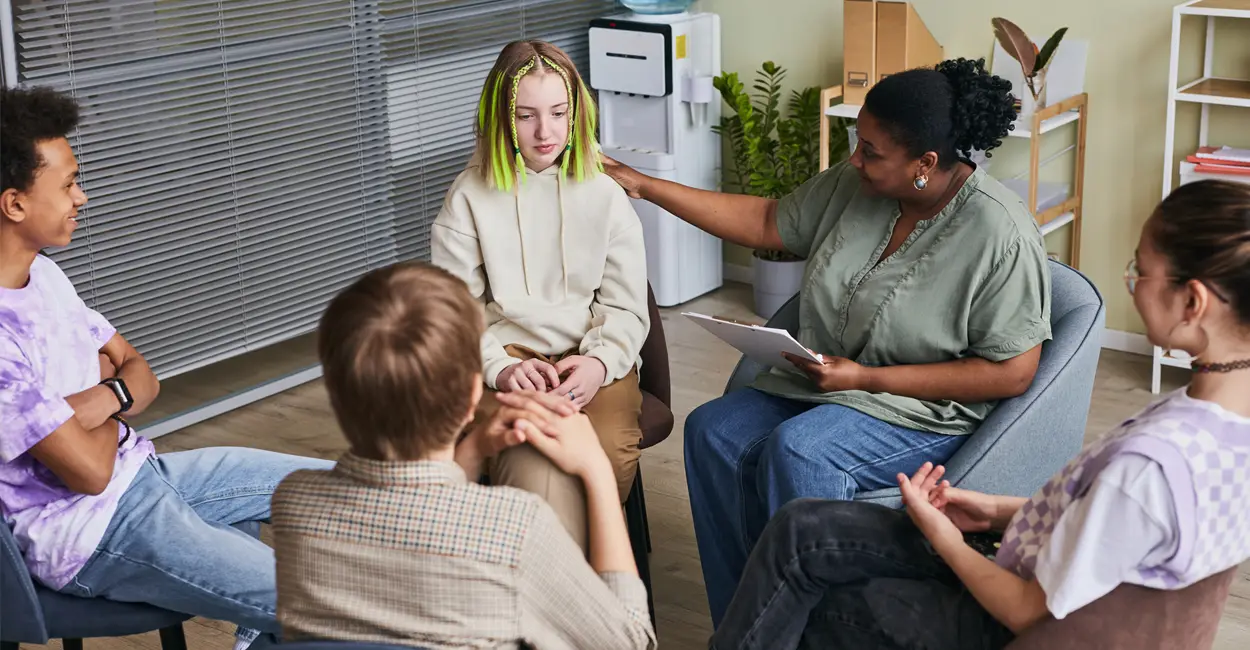24/7 Helpline:
(866) 899-221924/7 Helpline:
(866) 899-2219
Learn more about Depression Treatment centers in Butts County

Other Insurance Options
Beacon

CareSource

GEHA

UnitedHealth Group

Health Net

Sutter

State Farm

Highmark

Absolute Total Care

WellCare Health Plans

AllWell

Medical Mutual of Ohio

Molina Healthcare

Coventry Health Care

American Behavioral

Holman Group

MVP Healthcare

Amerigroup

CareFirst

BHS | Behavioral Health Systems


































